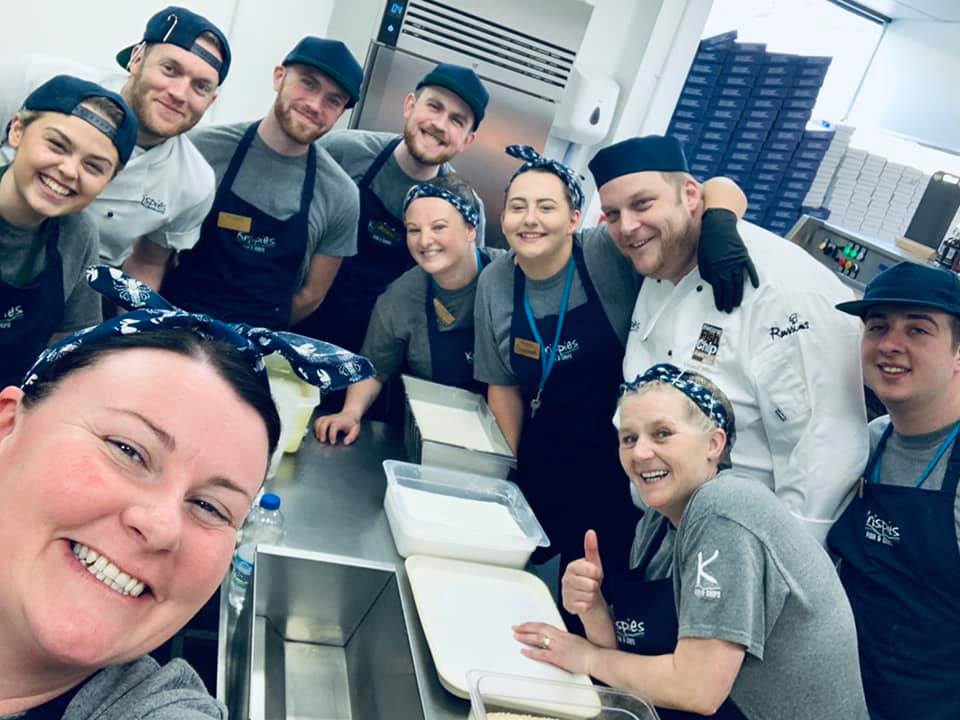
In the last two years, Kelly Barnes, co-owner of Krispies in Exmouth, Devon, has put six of her staff members through apprenticeship programmes, enabling them to study for a recognised qualification while working and getting paid. She sees it as a two-way street; staff improve their skills base and see a career path while the business gains a motivated and qualified team.
“We felt that we needed to be offering something to the people coming through our doors,” says Kelly. “So rather than it being “just a job in a chippy” we wanted to provide courses that will be an investment for the business as well as for the individuals themselves – apprenticeships provided exactly that.
“When people come and work here I want them to know there is an end goal in terms of progression, there’s always something for them to work towards.”
Here are Kelly’s top tips to help you get on course with an apprenticeship:
- – Speak to your local college to see what apprenticeships they offer, or google ‘hospitality training providers’ in your area. The government website www.apprenticeships.gov.uk is another great place to find out more information and look for apprenticeship programmes and providers.
- – Do your research and choose a course at the right level and which is suited to your business. Some hospitality apprenticeships are more cheffing-based so speak to the training providers and see if the course can be adapted to a fish and chips business. There is a lot of strict legislation around how much an apprenticeship provider can adapt a course, so definitely do your research before embarking on one. There are customer service apprenticeships where staff have to talk about a different type of service that they might not have to use within our industry but that gives them a good baseline then if they did want to go into hospitality after leaving the fish and chip world.
- – One of the key things I learned was to make sure you check in with your apprentice at least once a week. An apprenticeship takes between 12-18 months at a minimum to complete so it is a big commitment and you do need to make time for them. Bear in mind also that not everybody works well on their own so some will need more support than others. But you’ve got to see it as investing in your future as well as theirs.
- – Don’t just pay the apprenticeship rates, pay your apprentices well. It’s all about creating a foundation so you’re making sure those people you have working for you care about your business. They will care more if you invest time and money in them and they feel appreciated.
- – There are grants available for taking on apprentices and your apprenticeship provider should tell you about them. The government website is a great place for this information too. We use our grants for pay rises when our apprentices complete their courses as it’s always a nice little bonus to reward them for their hard work and commitment.
- – Don’t offer an apprenticeship as soon as someone starts their new job, give them time to settle in as some might get scared off by the idea of coursework. I always mention in the interview that if they do want to progress there are courses available, but it always happens after the trial period is over. And if I see something in someone I’ll say how do you fancy doing an apprenticeship? It’s all about recognising your staff’s ability and making sure you are making the most of it.
As part of the recent Covid support measures, the government is offering an incentive payment of up to £2,000 for each new apprentice an employer takes on between 1st August 2020 and 31st March 2021. For more information, click here.

